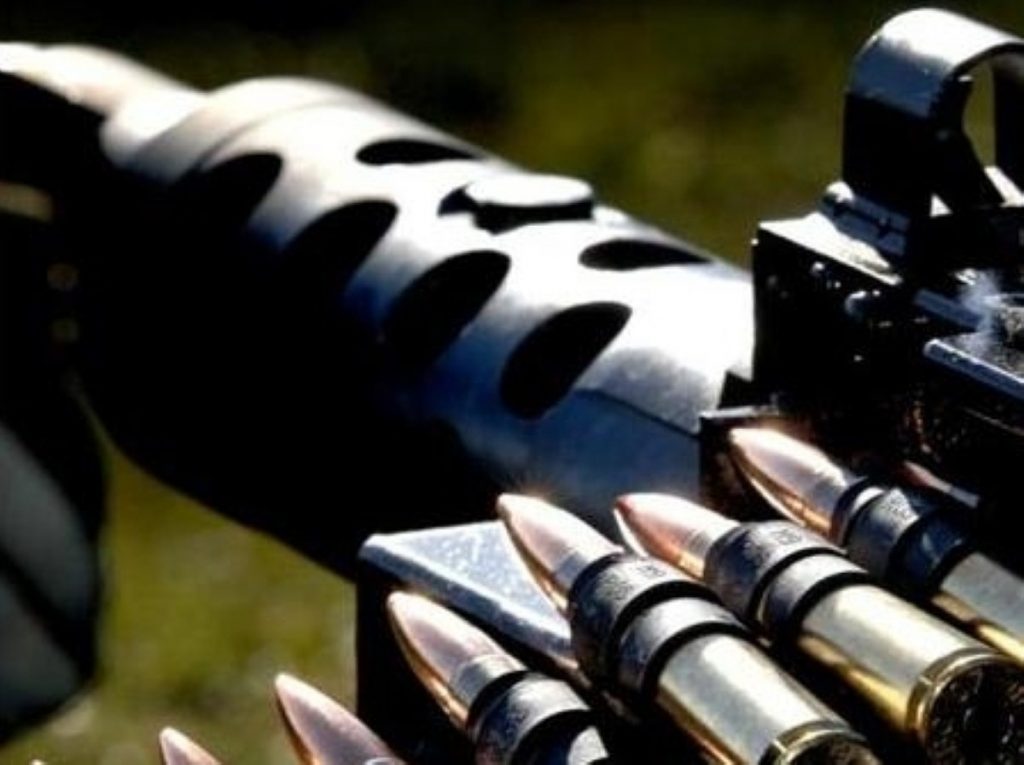Britain revokes arms exports to Bahrain and Libya as unrest continues
By Ian Dunt
Britain has revoked a host of arms export licences to Bahrain and Libya amid reports that authorities are firing into crowds.
Forty-four licences for the export of arms were revoked for Bahrain and eight to Libya, where relations between the UK and Colonel Gaddafi had been slowly improving after concerted diplomatic efforts over several years.
The licences are understood to cover weaponry used to quell protests, such as tear gas.


“The longstanding British position is clear: we will not issue licences where we judge there is a clear risk that the proposed export might provoke or prolong regional or internal conflicts, or which might be used to facilitate internal repression,” Alistair Burt, the minister for the Middle East and north Africa, said.
Human Rights Watch said a conservative estimate put the number of dead in Libya at 104, after troops reportedly used heavy weaponry against protestors in Benghazi, the second city, over the weekend.
Witnesses reported the use of machine guns and mortars against demonstrators, as Colonel Gaddafi sought to retain control against a wave of dissent across the Middle East.
“I condemn the violence in Libya, including reports of the use of heavy weapons fire and a unit of snipers against demonstrators. This is clearly unacceptable and horrifying,” said foreign secretary William Hague.
“Media access has been severely restricted, and I have also received reports that 35 bodies were brought to one hospital alone. I call on the authorities to stop using force and to rein back the army in confronting the demonstrators. The absence of TV cameras does not mean the attention of the world should not be focused on the actions of the Libyan government.”
In Bahrain, the government tried reaching out to opposition groups after its initial violent response triggered a chorus of international condemnation and heavy diplomatic pressure from the US.
“Fellow citizens of Bahrain,” the crown prince said in an address on state television.
“I hope that we can join hands, work together and communicate with all political forces in the country. Join us to calm the situation so that we can call a day of mourning for our lost sons.”
But protest groups, who have now set up camp in Manama’s central Pearl Square in scenes which echo the encampment in Cairo’s Tahrir Square, are insisting their demands must be met before they enter talks.
The demands include the resignation of the government, the release of political prisoners and an investigation into those killed in the protests.












